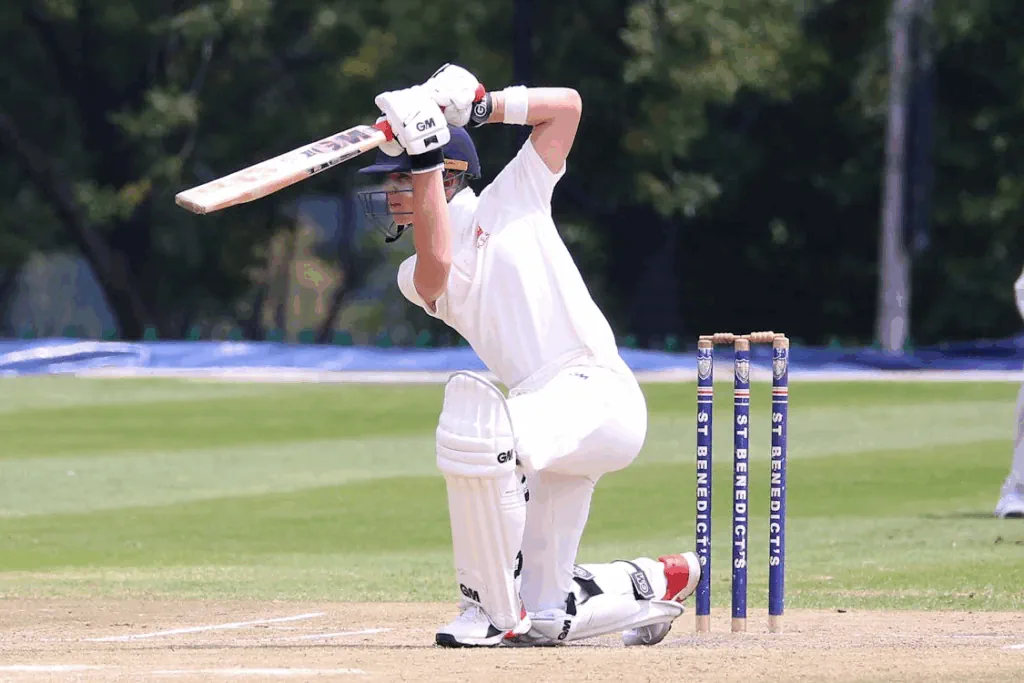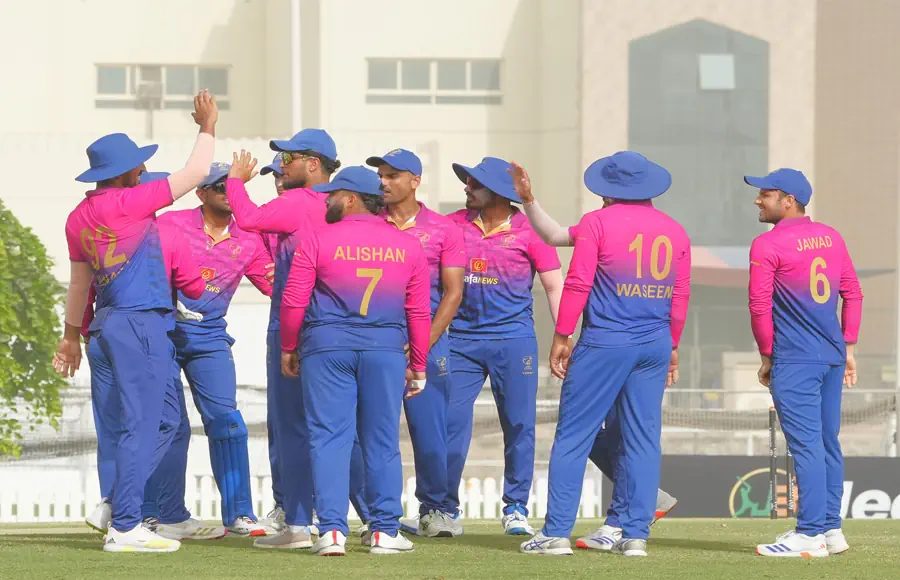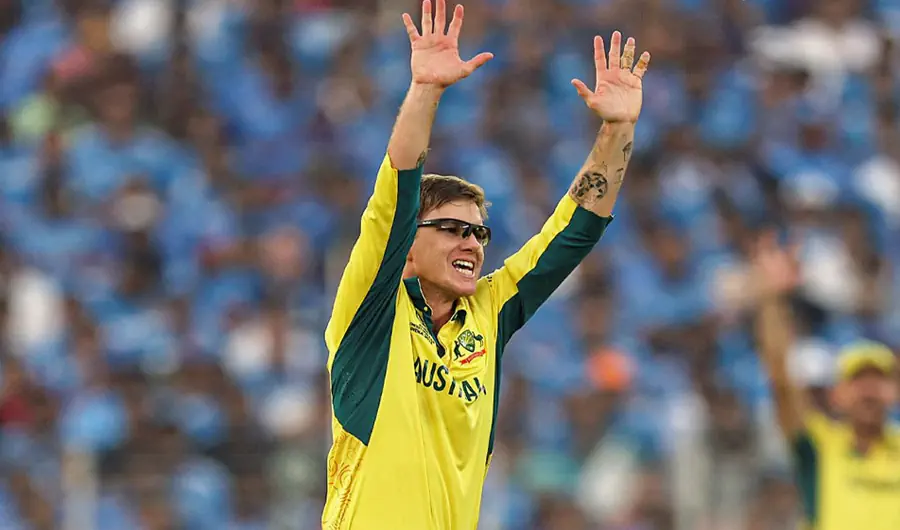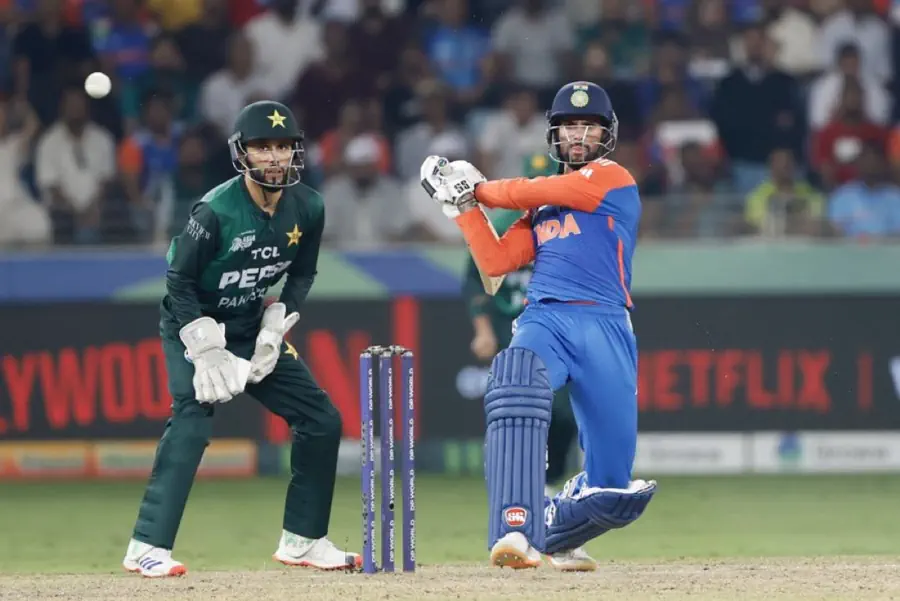Recently, its governing body, the International Cricket Council, rolled out new regulations set to modernize the game. The new playing conditions took effect in June 2025 during the test matches and in July 2025 during the white-ball games.

Players will see the introduction of the stop-clock test, single-ball systems, and other changes. Keep reading this article to find out how the ICC is ushering in a new era of cricket with faster and fairer games.
The Stop Clock in Test Matches
Stop Clocks were first introduced in white-ball cricket, and it has been successful. The ICC will now have it in Test cricket, where the bowling team must be ready to bowl the first ball of their next over within 60 seconds of the previous over ending.
If they fail to do so for the third time in consecutive innings, it will result in a dive-run penalty against the fielding team. However, the two warnings will be reset when the game reaches 80 overs, in line with the new-ball rule.
With faster gameplay, fans are finding new ways to stay connected. For those seeking a premium experience that adds excitement to every over, https://www.play10cric.com/ offers exclusive cricket insights and rewards for passionate followers.
Saliva Rule and Ball Management Update
Some players used saliva to shine the ball, but this was banned from 2019. The rule still applies for all matches, but the ICC has added a few tweaks. Its original rule stated that if saliva was found on the ball, the umpires had to change it immediately.
Currently, the change is optional and can only be made if it affects its conditions. This is especially true when the shine of the movement of the ball has been affected. However, if a team is caught doing it intentionally to gain a hand, the opposing team will be awarded five penalty runs.
Single-Ball Rule in ODIs
The ICC has reviewed the ball rule in ODIs used in international events like the Dubai Cricket. With the current system, two new balls are used throughout the innings. One ball is for each end of the pitch. Although the new rules preserve the two balls for the first 34 overs, the fielding team now has the power to choose for the remaining 16 overs (35-50).
The change aims to restore reverse swing, which disappeared under the two-ball system. With this new move, the ICC will ensure fairness between the ball and bat. This is particularly true for bowlers who struggle with more rigid, less responsive balls in the death overs.
Smarter and Fairer Decision Reviews
Decision-making has also improved through better processes, resulting in fairer outcomes. The Decision Review System (DRS) has been updated to improve handling of dual-mode dismissals.
Old rules stated that if it was found to be false when a batter was given out, caught, and reviewed, then the LBW decision was treated as not out, even if it showed the umpire’s call. The new regulations will carry the original decisions into the LBW check. If the umpire’s call is caught, the batter will be given out. This change is more local and fair in close situations.
Another rule change relates to the order of events. The TV umpire will now review everything in the order in which it happened. This helps to avoid confusion while keeping the reviews clear and consistent.
Concussion and Injury Substitution Rules
Tactical misuse was another essential factor the ICC considered when establishing the new rules. It tightened substitution protocols by requiring teams to name five designated replacements before the event. The list should include a batter, seam bowler, spinner, wicketkeeper, and an all-rounder. This will prevent tactical misuse of the rule while ensuring transparency in matches.
Apart from the regular substitutions, there are rare cases in which new players also sustain concussions. In such a situation, the power rests with the referee. They will consider all the options available and whether a replacement outside the five players should be nominated. Like-for-like changes can also be a decision.
Deliberate Short Run Penalties
Some teams have used unfair tactics to gain an advantage over opponents by deliberately shortening their runs. The ICC will introduce a stricter crackdown on this behavior. It will now be considered a serious event when the batter knowingly does not complete the ground to gain extra runs. In case of such an event, the fielding captain will decide whether the batter stays on strike. Still, the five-run penalty will apply.
Why These Changes Matter and Future Updates
More rule changes are expected, especially regarding boundary changes and the Decision Review System (DRS). This was recommended following recent controversies in which some teams cashed in on the DRS during stumping reviews.
Another change that mattered in the game is the two-ball rule in ODIs that restores balance. The initial rule swung the game in favour of the batters, reducing the impact of the reverse swing. These updates mark an essential step towards making cricket safe and fair for players and enjoyable for fans.




